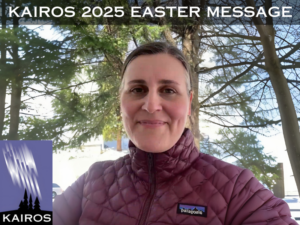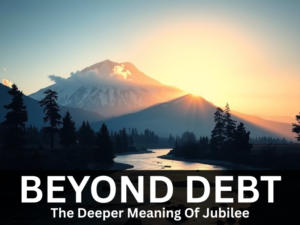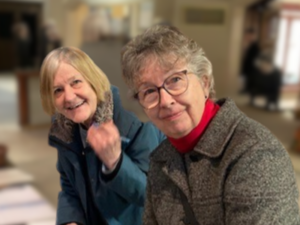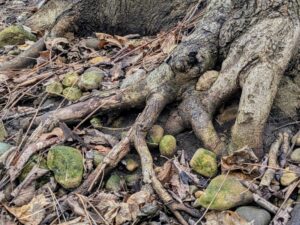Spirited Reflection: In an age of diversity, how do we deal with differences?
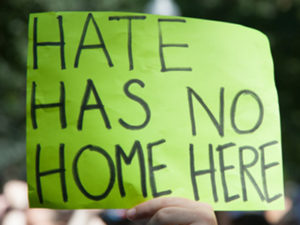
“Earlier this year, National Geographic put a call out to photographers from around the world to capture images that would close ‘a widening empathy gap between us and those who have life experiences that differ dramatically from our own’. The end result was a breathtaking amalgam of images, juxtaposed against one another to highlight the similarities of our diverse humanity”. -The Globe and Mail (G&M) Aug. 19/17 Amira Elghawaby “Where has all of our empathy gone?”
How do we learn to see these images and to imagine, and to feel, the experiences and hopes and suffering of our world community’s neighbours?
So many of the individuals, couples, and families are experiencing dimensions of anxiety — and frequently despair — about the state of the world, the environment, their employment, their faith community, their relationships. For many, the security they had once felt of a monolithic worldview and culture has given way to a vibrant, multinational society with a variety of religious worldviews, political tensions, and threats of war. There is an undertone of fear and a loss of a certain kind of peace. For many, this is a time of moral injury and despair. There is a fear of the stranger, a resistance to welcoming the “other”, an empathy gap.
But how can we learn to be curious, to overcome our own blocks and resistances to change, to look again at the ancient Biblical mandate to welcome the stranger, and to answer the question “who is my neighbour?”
Often the challenge is learning to become curious, to seek the grace of openness to another way of being, to seek to understand and move towards, rather than to shut down emotionally and move away from those who are perceived to look, act, believe differently. For all of us, facing fear is the work of grace.
Strangers come in many different guises, but so too do friends. In looking at the larger systems which comprise a city like Toronto, for example, there may be ethnic differences – people may speak different languages and eat different food, listen to different music, have different customs. There may be racial differences — the “other” may look different from the dominant cultural group and suffer from the effects of deeply entrenched systemic racism. There may be class and financial differences – we may live in different parts of town, and our children may attend very different schools. And there may be religious differences, whether within or between a faith community; and some families are interfaith.
On the relational level, there are a variety of personal differences. There are gender differences – some identify clearly as male or female, others may be born with indeterminate gender; some are members of sexual minorities and experience prejudice and discrimination (and even persecution) as a result. There are mobility differences – we are differently abled: some may not be able to walk easily or at all, and require different kinds of assistive devices; others are extremely agile and gifted athletes. There are visual and hearing and learning differences – some are more visible to others, whereas other differences are hidden from only those close to the person. And there are emotional and relational differences – some are unable to form close relationships, others have a large social network; some suffer from the effects of mental and emotional illness or addictions; others are unable to engage in treatment and become isolated and disconnected from family or friends.
Can we learn together to be open and welcoming of the stranger or will we be people and a society that needs to “build a wall”? And what if the “other” is a spouse, family member, colleague or someone in the same classroom or living on the same street? Is there a way to have healthy boundaries that are permeable and hospitable, and not rigid and alienating?
Countering our resistances to change, to challenges to our comfort level, to moving towards, with empathy, rather than against – all these dynamics are part of the challenge facing each of us, and they are also the work of a society, a faith community, a nation as we together live in a global age.
Diane Marshall has been in clinical practice at the Institute of Family Living since 1977, and has supervised and trained therapists and counsellors for over 35 years, including in a variety of ethnic communities. Her work is in the field of individual, marriage and family therapy, and she is the author of the book Healing Families: Faith and Courage in Challenging Times (2005), and co-author of Who Can Heal Us? (2004), and of several articles on family life.









